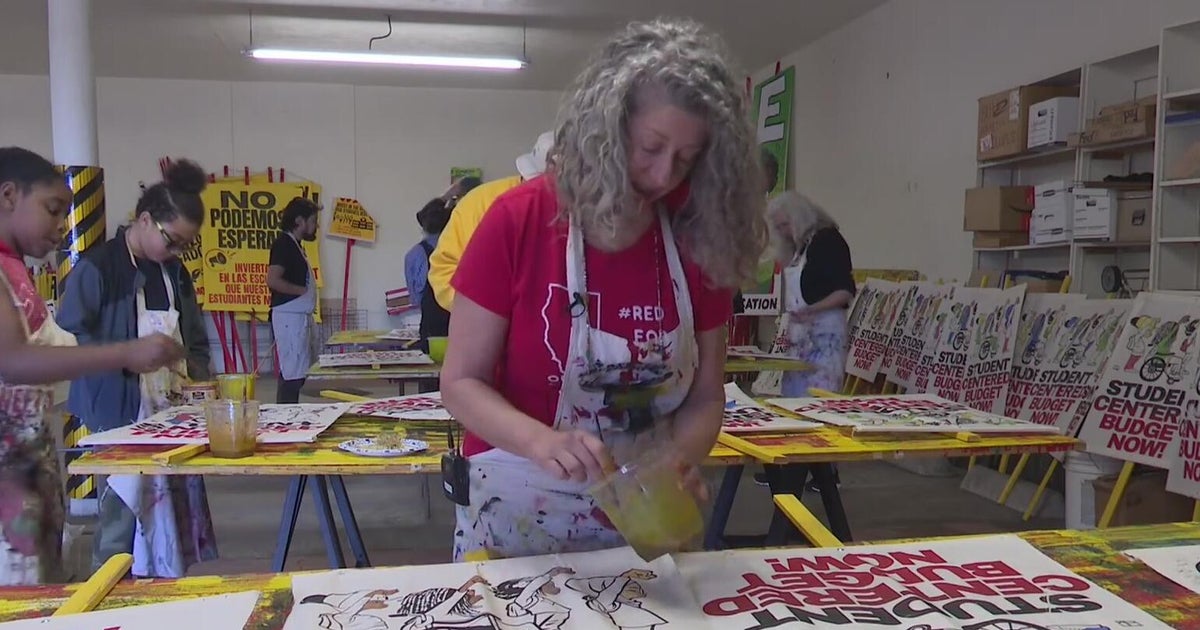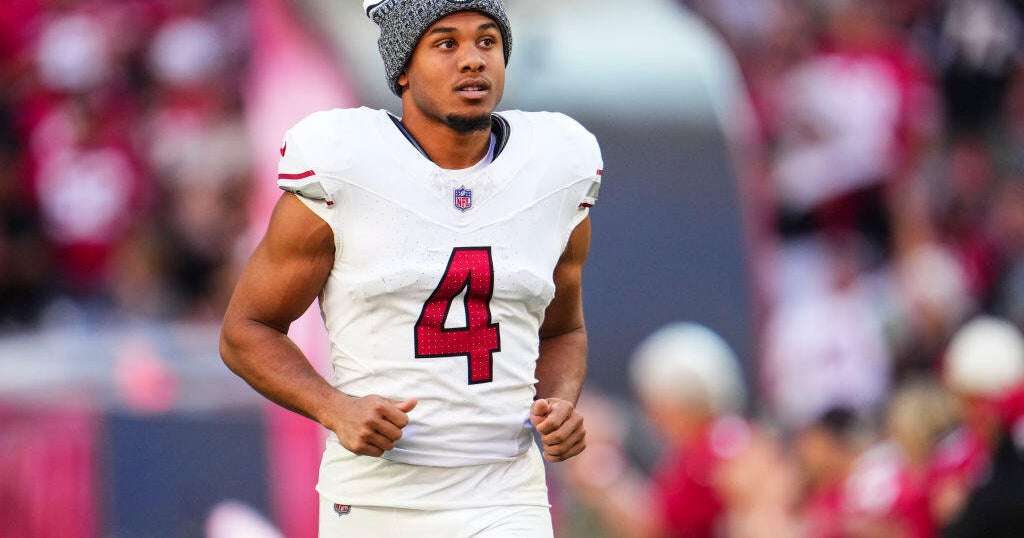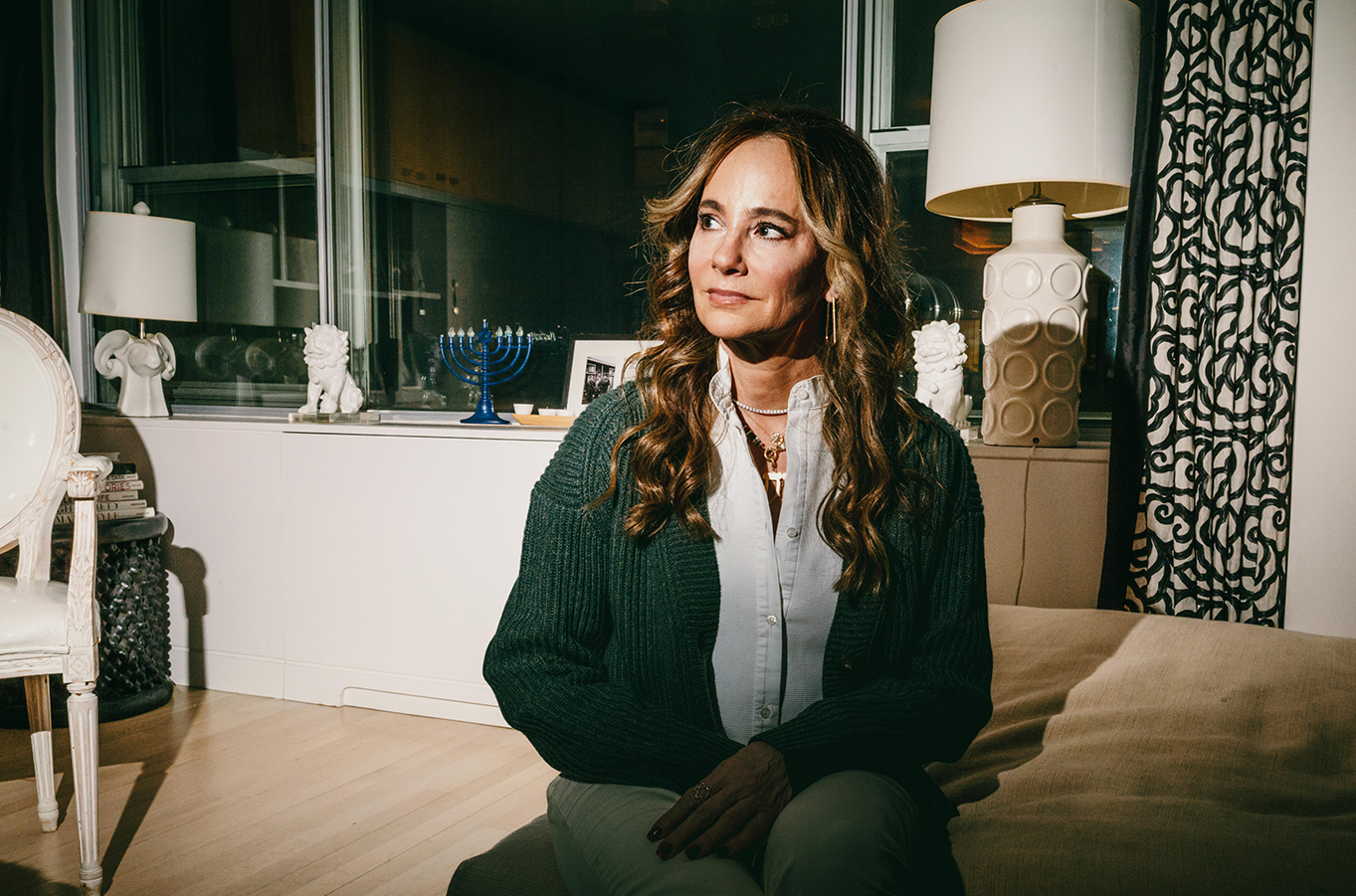Arizona's surge in coronavirus cases has been "the worst in the entire country," health expert says
Marisa Lopez and her half-brother Luke Byrd say they knew as they sent their 63-year-old mother Kimberley to the hospital that it might be the last time they'd ever see her alive.
"Before she went, I was like, Luke, we need to give mom a hug and tell her we love her because we don't know what's going to happen," Lopez told CBS News correspondent Mola Lenghi. "This might be it, and, I mean, we were right. It was it."
Kimberley Lopez-Byrd was an elementary school teacher in Phoenix and was teaching summer school online. She was sharing a classroom with two other teachers when she came down with the coronavirus.
Arizona reported more than 2,500 new coronavirus cases Sunday. Over the past seven days, nearly 27% of tests there were positive, the highest rate in the nation.
ICU's are nearly full, and the state is preparing for the outbreak to get much worse.
"We have for the last three weeks been the worst in the entire country," said Will Humble, the executive director of the Arizona Public Health Association and former director of the Arizona Department of Health Services.
Humble said his state was doing great at first, but reopened too quickly.
"People sacrificed so much during the stay-at-home order with their jobs, and then when it wasn't phased, as we transitioned into a post-stay-at-home, we'd lost that progress," he said.
Phoenix Mayor Kate Gallego said on CBS News' "Face the Nation" Sunday that she's calling on the governor to issue a statewide mask mandate, restaurants to serve take-out only and the closure of personal care services like nail salons.
"We think that's just not necessary right now while you're seeing such high levels of the virus," Gallego said.
Another looming situation facing Arizona: the opening of schools set for next month.
"They just don't feel like it's a safe environment for teachers to go in, and they're concerned about our students, as well as spread of the virus," Gallego said.
Education Secretary Betsy Devos, who has threatened to pull federal funding for schools that don't reopen, downplayed the risk and addressed concerns of children spreading the virus.
"There is nothing in the data that would suggest that kids being back in school is dangerous to them," Devos said.
For Lopez and Byrd, they know too well the potential price of opening schools too soon.
"We're basically blatantly putting them at risk for something that's basically — we can revive our children's education. We can't revive a life," Lopez said.
The other two teachers that worked in the same classroom as Kimberley Lopez-Byrd also contracted COVID-19. They are recovering.
The school district told CBS News that it was very strict in following the CDC's guidelines.
Top public health officials say they don't know enough yet about how coronavirus impacts children and how efficiently they spread the virus.



